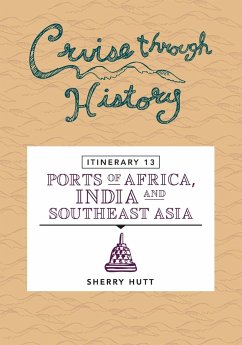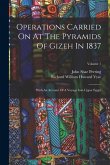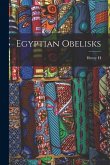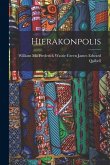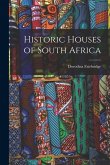Stories in Itinerary XIII of Cruise through History travel from West Africa in Senegal, along the coast to South Africa and Mozambique, across the Indian Ocean islands to Sri Lanka, and to India, then across Southeast Asia to Vietnam. Across the modern nations, products of the twentieth century, there are themes common to all, though peoples are varied. The theme that joins is the search for, and restoration of, cultural identity. In appreciation of culture, too long co-opted, this volume of stories goes within cultures, to present history and culture from the perspective of the host country. To travel is to learn. Malaysia built a successful nation and dynamic economy by first defining who is Malay. To do so meant jettisoning the island of Singapore, overwhelmingly culturally Chinese. Singapore capitalized on its strength by unifying its people and promising First World lifestyle if they would heave to a common goal. Thailand's identity was the product of a brilliant king, who created the concept of national Thai from people with languages so diverse, they did not understand each other. Loss of culture and cultural icons in Cambodia left the country bereft. So many problems plaguing West African nations today stem from loss of culture, land, people and resources. Reclaiming identity is critical. Primary to each story is an introduction to culture of the people. The list of peoples of this itinerary is long. So too, is the list of World Heritage Sites, attempts to preserve and promote cultural identity by support for remaining cultural icons. The oldest cultures in human existence are in Africa. The story of West Africa begins in three parts, the first West Africa to 1500, prior to European impact, is the story of cultural development of kingdoms of power and beauty. Bushmen of Southern Africa carry the basic gene of humanity and a life in tune with a harsh environment. In the stories of the Indian Ocean is the Story of the Eastern Sea. The story of People of Southeast Asia is an attempt to follow human migration to understand the origin of people, groups, now nations. Slavery and colonialism are common themes throughout these stories. Slavery existed prior to European impact, as a means to vanquish enemies, and obtain labor, a scarce resource, necessary to build great kingdoms. Slavery in the pre-European sense was fluid. Slaves often melded into the dominant society. In contrast, European style slavery depopulated communities, dissipated historic kingdoms, and deprived national development by loss of its people. That is Part II of the story of West Africa. The lesser known story of West Africa is Part III Colonialism. Colonialism in these stories is a scheme that keeps people in place and harvests the resources for the benefit of the colonizer. Trade among peoples built cities and kingdoms in Ivory Coast and Gold Coast Ghana, Mozambique, Sri Lanka and kingdoms of Myanmar, Up the Irrawaddy - Yangon to Mandalay. Colonialism displaced governments, local economies, and most important, cultural identity. The political map of Africa was created in a meeting room in Germany, where nations of Europe staked claims to real estate, with no relevance to cultures. Portugal, Spain, the Dutch, Britain and France came for trade and stayed to colonize. When colonialism ebbed, in recent history, the extent to which the colonizer developed physical and governmental infrastructure played a role in success of a young nation. France, never profiting from a colony, brought peace to Cambodia, for the first time in its history, yet created a thirty year war in Vietnam, through intransience and refusal to work with the developing country as a mentor. In Africa stories include the Golden Stool, and meaning of Kente Cloth. In India the story is the Jewel in the Crown and story of diamonds. Success of India and Sri Lanka to emerge strong from colonialism is based retaining richness of culture.
Bitte wählen Sie Ihr Anliegen aus.
Rechnungen
Retourenschein anfordern
Bestellstatus
Storno

